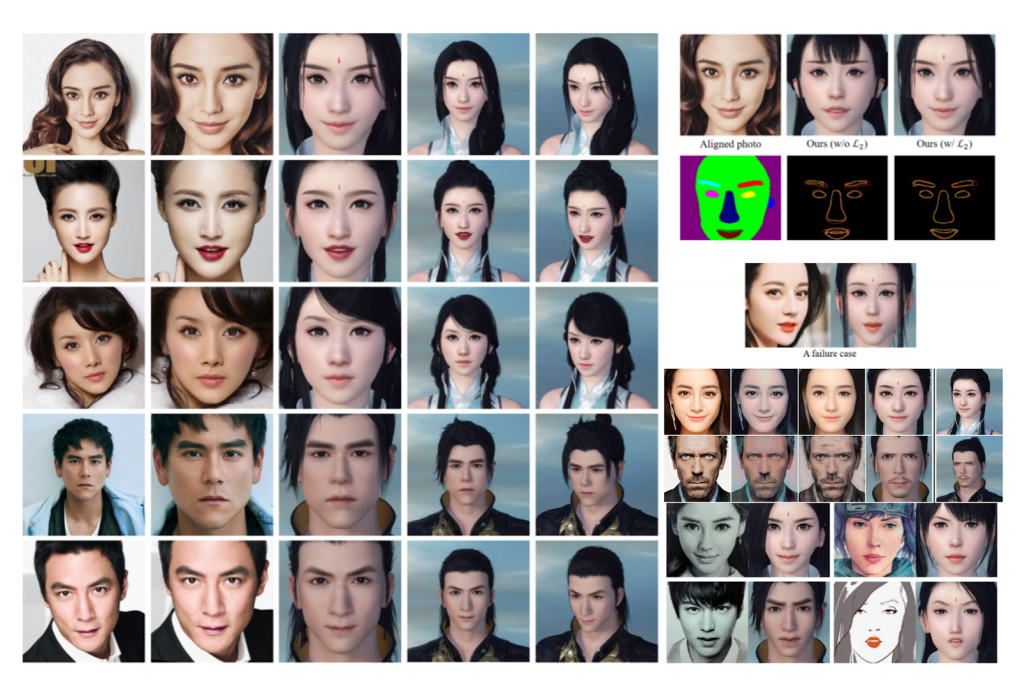NetEase can use AI to turn you into a game avatar with one selfie
NetEase is investing heavily in AI to create better gaming experiences, but it has to contend with rivals like Tencent and Reallusion

Have you ever wanted to play as yourself in a video game? NetEase has given this old dream an upgrade with artificial intelligence, allowing the company’s flagship MMORPG game, Justice, to construct an in-game model of a player from a single selfie.
NetEase said the feature has already been employed by Chinese gamers more than 1 million times. It's a step up from most character creation systems currently available in games, which require players to manually put in hundreds of parameters before getting a lifelike character.
“[Going forward],0 2D pictures will create not only faces but also hairs, expressions and even movements that can make the entire character more lifelike,” NetEase told us.
“Now this technology is just a feature in the game. But we will let game developers create game characters with this technology in the future,” they added.
But these AI-generated avatars don’t just spring fully-formed from a single image. It does require a little user input. A player first has to adjust a few sliders to get the avatar looking just right.
